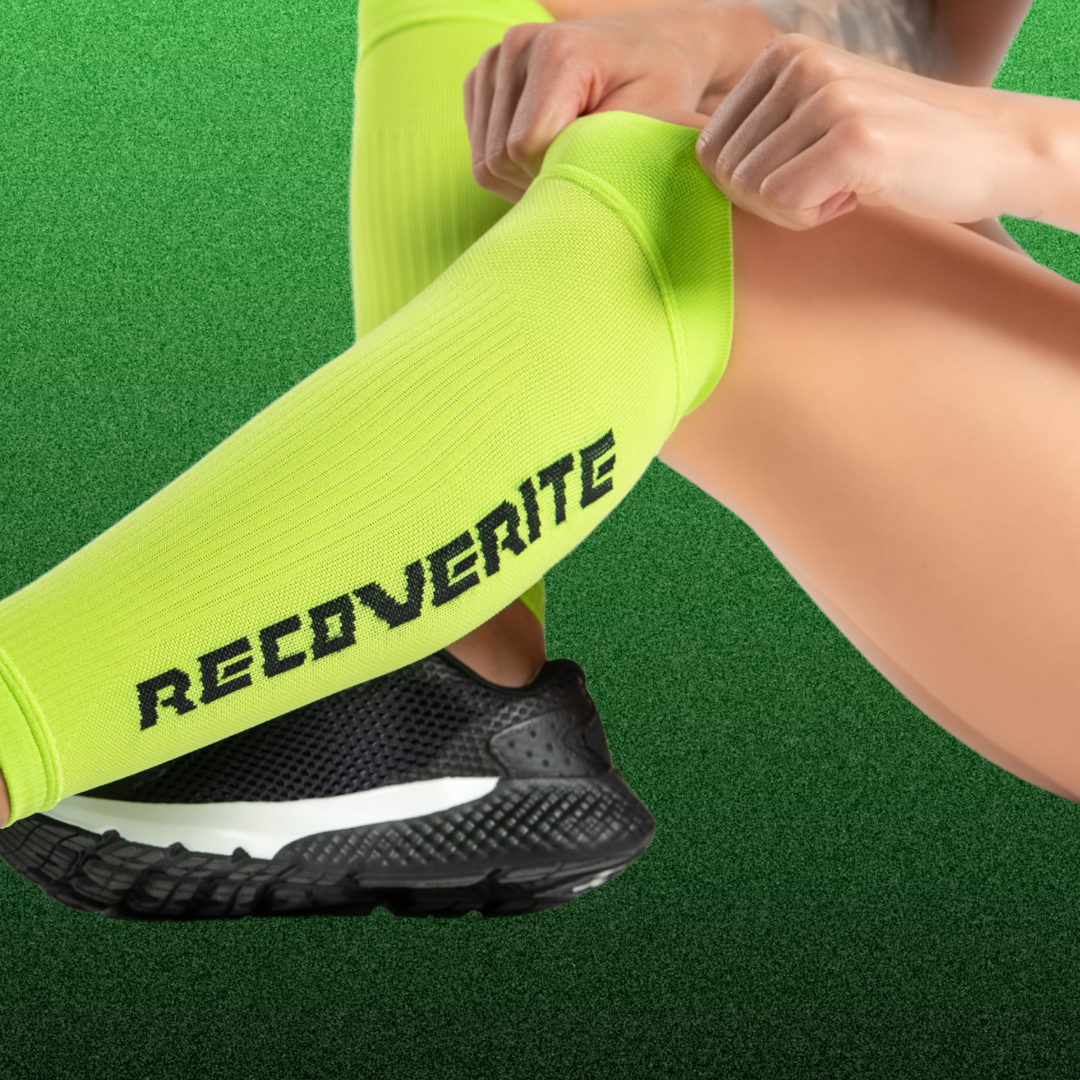In the realm of sports and athletics, achieving peak performance isn't just about rigorous training and disciplined practice routines. It's also about what happens off the field or outside the gym – particularly, the often underestimated factor of hydration. Proper hydration isn't merely about quenching your thirst; it's a fundamental aspect of sports recovery that can significantly impact an athlete's overall well-being and performance. Using our knowledge, skills and expertise, the team at Recoveite will explain why hydration holds such paramount importance in the realm of sports recovery.
The Science Behind Hydration and Sports Recovery:
Before delving into the importance of hydration for sports recovery, it's essential to understand the science behind it. Our bodies are composed of approximately 60% water, and this fluid is crucial for various physiological processes, including temperature regulation, nutrient transportation, joint lubrication, and waste removal. During physical exertion, especially in high-intensity sports activities, our bodies lose water through sweat, leading to dehydration if not replenished adequately.
Hydration plays a pivotal role in the recovery process post-exercise. When we sweat, not only do we lose water, but also essential electrolytes like sodium, potassium, and chloride. These electrolytes are vital for maintaining proper fluid balance, muscle function, and nerve transmission. Dehydration can lead to a decrease in blood volume, which in turn affects oxygen delivery to muscles and impairs their ability to recover efficiently. Moreover, inadequate hydration can result in muscle cramps, fatigue, and diminished cognitive function – all of which hinder an athlete's recovery and subsequent performance. In addition to proper hydration, incorporating recovery gear like Recoverite's compression wear can significantly aid in the muscle recovery process. With innovative ice/heat technology designed to target muscle recovery, Recoverite's garments are tailored to optimise recovery and enhance performance.
The Importance of Hydration in Sports Recovery:
- Replenishing Fluid Losses: Sweat rates vary among individuals and are influenced by factors such as environmental conditions, exercise intensity, and duration. Failure to replace lost fluids can lead to dehydration, compromising an athlete's ability to recover effectively. Adequate hydration post-exercise helps replenish fluid losses, restoring optimal hydration status and facilitating the recovery process.
- Facilitating Nutrient Transport: Optimal hydration is essential for facilitating the transportation of nutrients to muscle tissues. Following intense physical activity, muscles undergo microtrauma and depletion of glycogen stores. Rehydrating with fluids rich in carbohydrates and electrolytes enhances nutrient delivery to muscles, promoting glycogen resynthesis and tissue repair.
- Supporting Muscle Repair and Growth: Hydration is crucial for supporting muscle repair and growth, which are integral aspects of sports recovery. Water is essential for protein synthesis, the process by which damaged muscle fibres are repaired and strengthened. Additionally, adequate hydration helps maintain cell volume and integrity, optimising the recovery of muscle tissues.
- Enhancing Recovery Time and Performance: Proper hydration accelerates the recovery process, reducing the time needed for muscles to recover from fatigue and soreness. By restoring fluid balance and electrolyte levels, athletes can recover more efficiently and prepare for subsequent training sessions or competitions. Ultimately, adequate hydration contributes to improved athletic performance by ensuring that the body is primed and ready to perform at its best with the use of Recoverite’s compression wear.
Practical Hydration Strategies for Sports Recovery:
Pre-hydration: Begin hydrating well before exercise or training sessions to ensure optimal fluid levels in the body. Aim to consume fluids containing electrolytes to prepare the body for fluid loss during physical activity.
During Exercise: Stay hydrated during exercise by drinking fluids regularly, especially during prolonged or intense workouts. Sports drinks containing electrolytes can help replace lost fluids and maintain electrolyte balance.
Post-Exercise Hydration: Rehydrate promptly after exercise to replenish fluid and electrolyte losses. Opt for fluids containing carbohydrates and electrolytes to support glycogen resynthesis and muscle recovery.
Monitor Hydration Status: Pay attention to signs of dehydration, such as dark urine, thirst, fatigue, and decreased performance. Monitoring body weight before and after exercise can help assess fluid losses and guide hydration strategies.
In the pursuit of athletic excellence, hydration should be regarded as a cornerstone of sports recovery. Proper hydration not only aids in replenishing fluid and electrolyte losses but also supports muscle repair, glycogen resynthesis, and overall recovery. By prioritising hydration as an integral part of their training regimen, athletes can enhance their recovery, optimise performance, and achieve their full potential on the field or in competition. Remember, staying hydrated isn't just about quenching your thirst – it's about unlocking the peak athletic performance and recovery with good use of products like the compression sleeves from Recoverite which target key muscle groups using ice and heat technology built for quick recovery while on the go.

